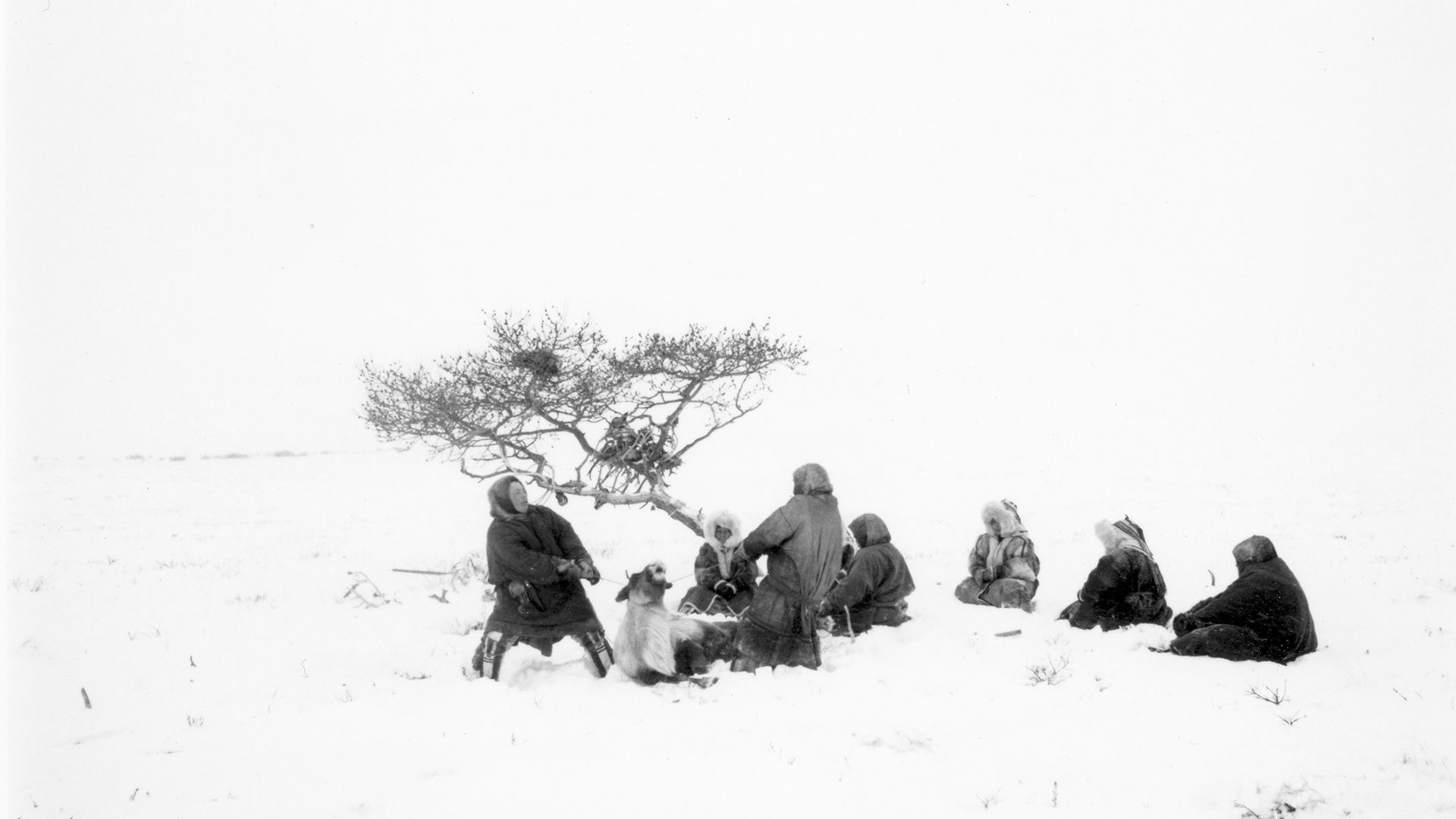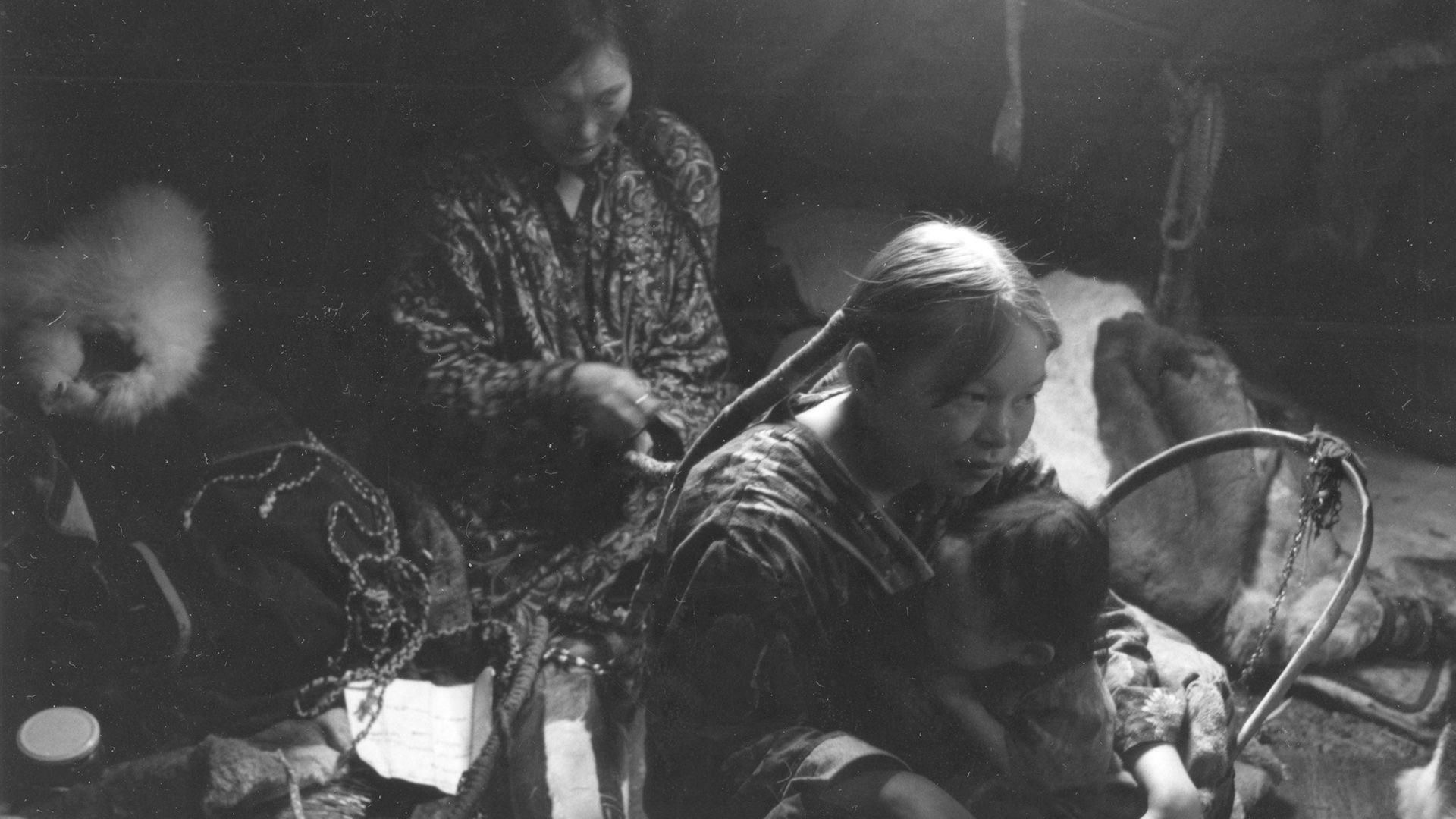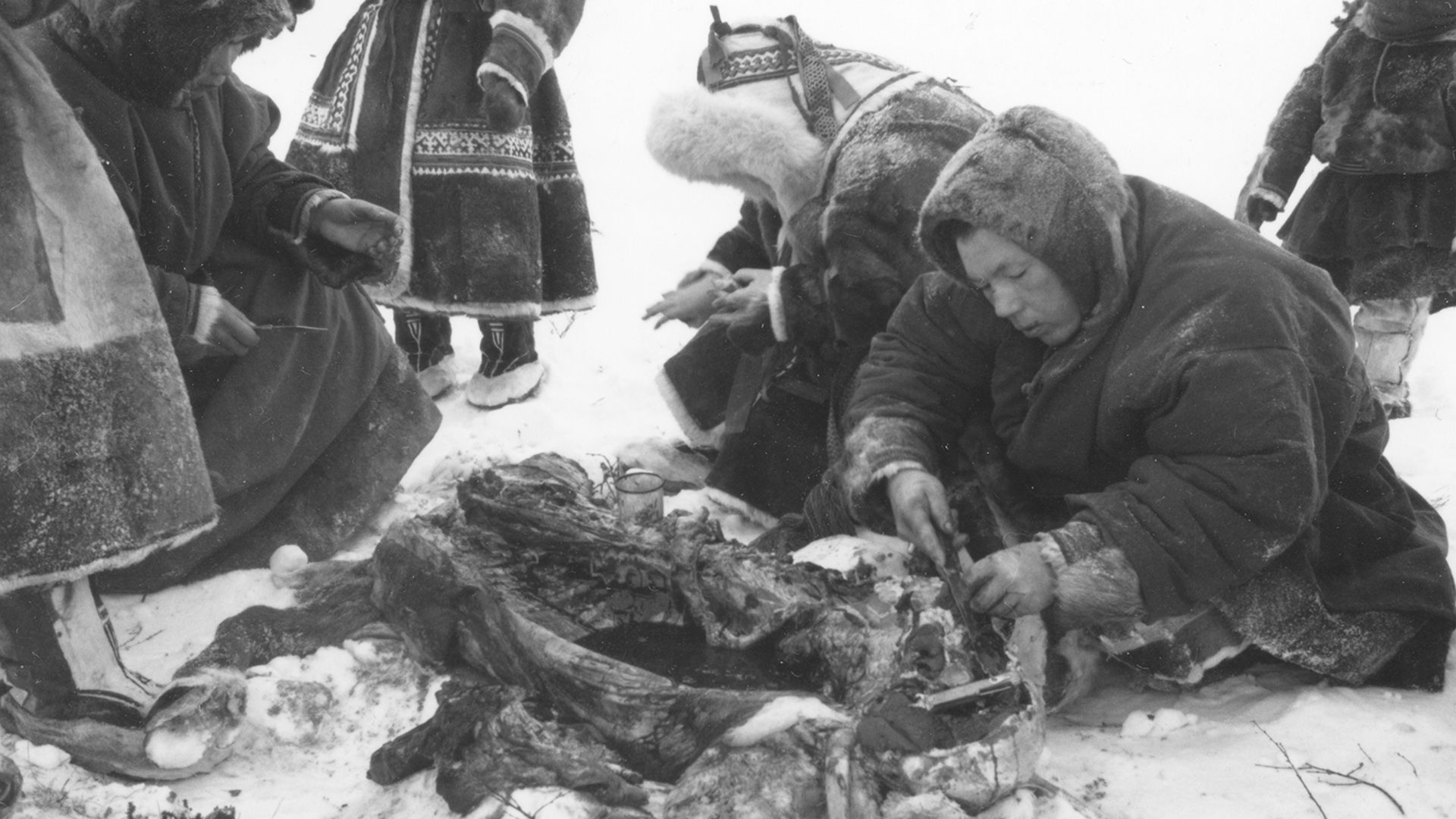Семь песен из тундры
Это, пожалуй, лучший фильм о колонизации коренных народов Сибири.
Первый художественный фильм на ненецком языке, снятый в 1999 году, в семи эпизодах рассказывает о жизни ненецкого народа в XX веке. Введение советской власти в тундре, коллективизация, столкновение старых и новых обычаев – всё это приводит к трагическим последствиям, которые порой оказываются и комическими, а точнее, трагикомическими.
Действующие лица – обычные ненцы, и один из авторов, Анастасия Лапсуй, также принадлежит к этой национальности. Ее воспоминания и ненецкий фольклор легли в основу этой личной работы, сочетающей в себе художественную, документальную и этнографическую киноэстетику.
Маркку Лехмускаллио 31 декабря исполнилось 85 лет, а Анастасии Лапсуй 1 января исполнилось 80 лет. Вместе они снимают коренные народы уже 30 лет. «Семь песен тундры» – их самый известный фильм, также номинированный на премию «Оскар» и восстановленный в 2023 году.
Тийт Туумалу
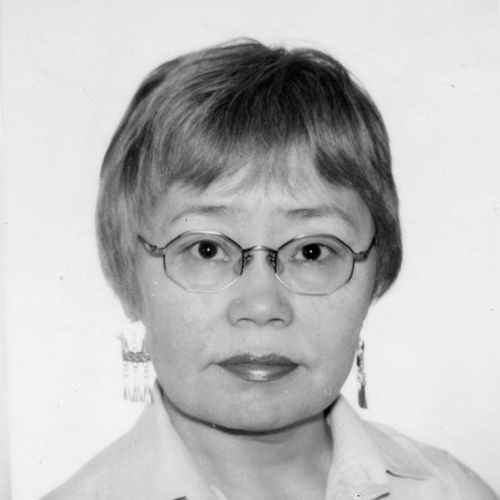
Anastasia Lapsui (1944) was born in Siberia. From 1966 to 1997 she worked as journalist and radio reporter. In 1990, she wrote her first screenplay. Since 1993 she has made documentaries with her husband Markku Lehmuskallio.
Kadotettu paratiisi (1994, doc, co-dir), Uhri - elokuva metsästä (1998, doc, co-dir), Seitsemän laulua tundralta (Seitse laulu tundrast, PÖFF 2000), Elämän äidit (Mothers of Life, 2000, doc, co-dir), Jumalan morsian (A Bride of the Seventh Heaven, 2004, co-dir), Matka (2007, doc, co-dir), Maan muisti (2009, doc, co-dir), Sukunsa viimeinen (2010, co-dir), Tsamo (2015, co-dir)
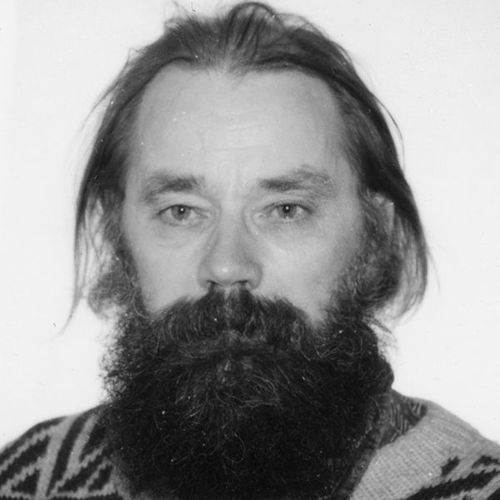
Markku Lehmuskallio (1938) worked as a forester from 1963 to 1999, His life changed completely after he lost everything in a fire. He then bought 16mm film camera and began making commissioned films for business, and nature documentaries for Finnish TV. Since 1993 he has made documentaries with his wife Anastasia Lapsui.
Kadotettu paratiisi (1994, doc, co-dir), Uhri - elokuva metsästä (1998, doc, co-dir), Seitsemän laulua tundralta (Seitse laulu tundrast, PÖFF 2000), Elämän äidit (Mothers of Life, 2000, doc, co-dir), Jumalan morsian (A Bride of the Seventh Heaven, 2004, co-dir), Matka (2007, doc, co-dir), Maan muisti (2009, doc, co-dir), Sukunsa viimeinen (2010, co-dir), Tsamo (2015, co-dir)

